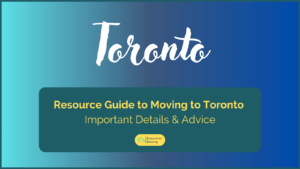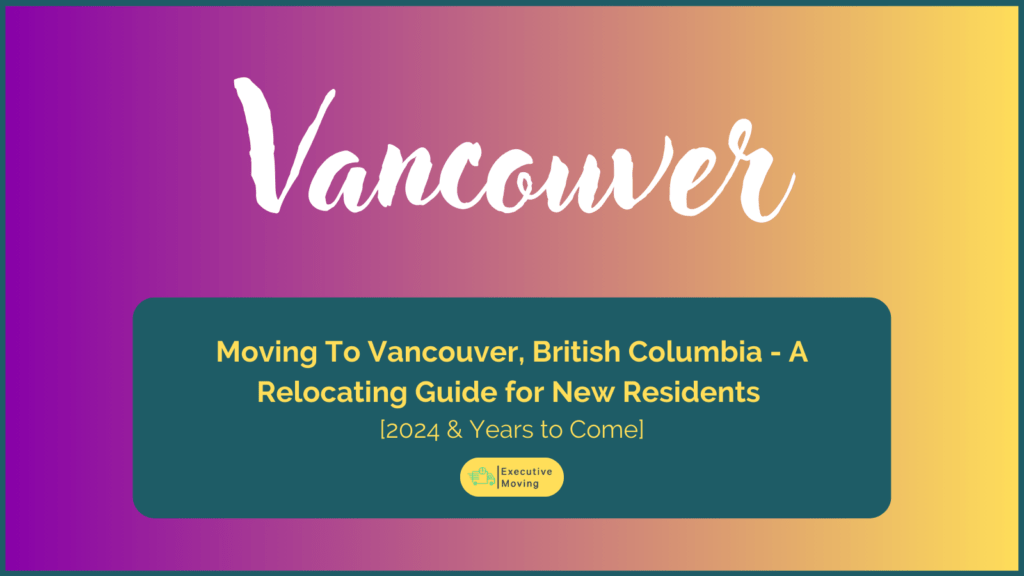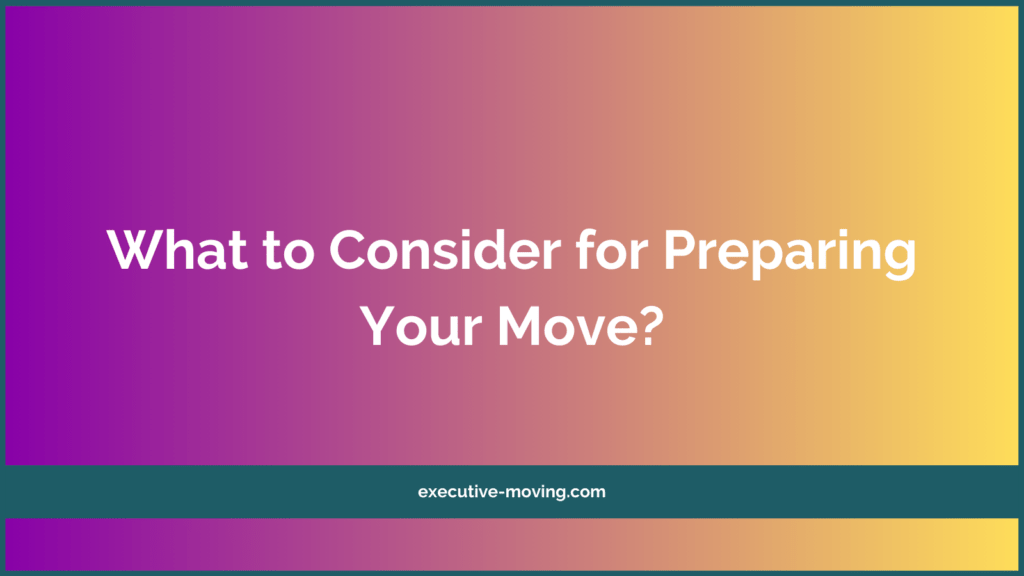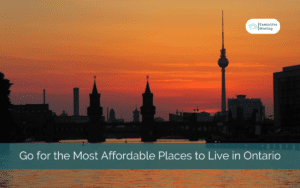
Resource Guide to Moving to Toronto: Important Details and Advice
Resource Guide to Moving to Toronto: Important Details and Advice Thinking about moving to Toronto? Well, buckle up, because this vibrant city has a lot to offer! From stunning skyscrapers and diverse neighborhoods to those classic Toronto traffic jams that’ll have you rethinking your life choices—Toronto truly has something for








